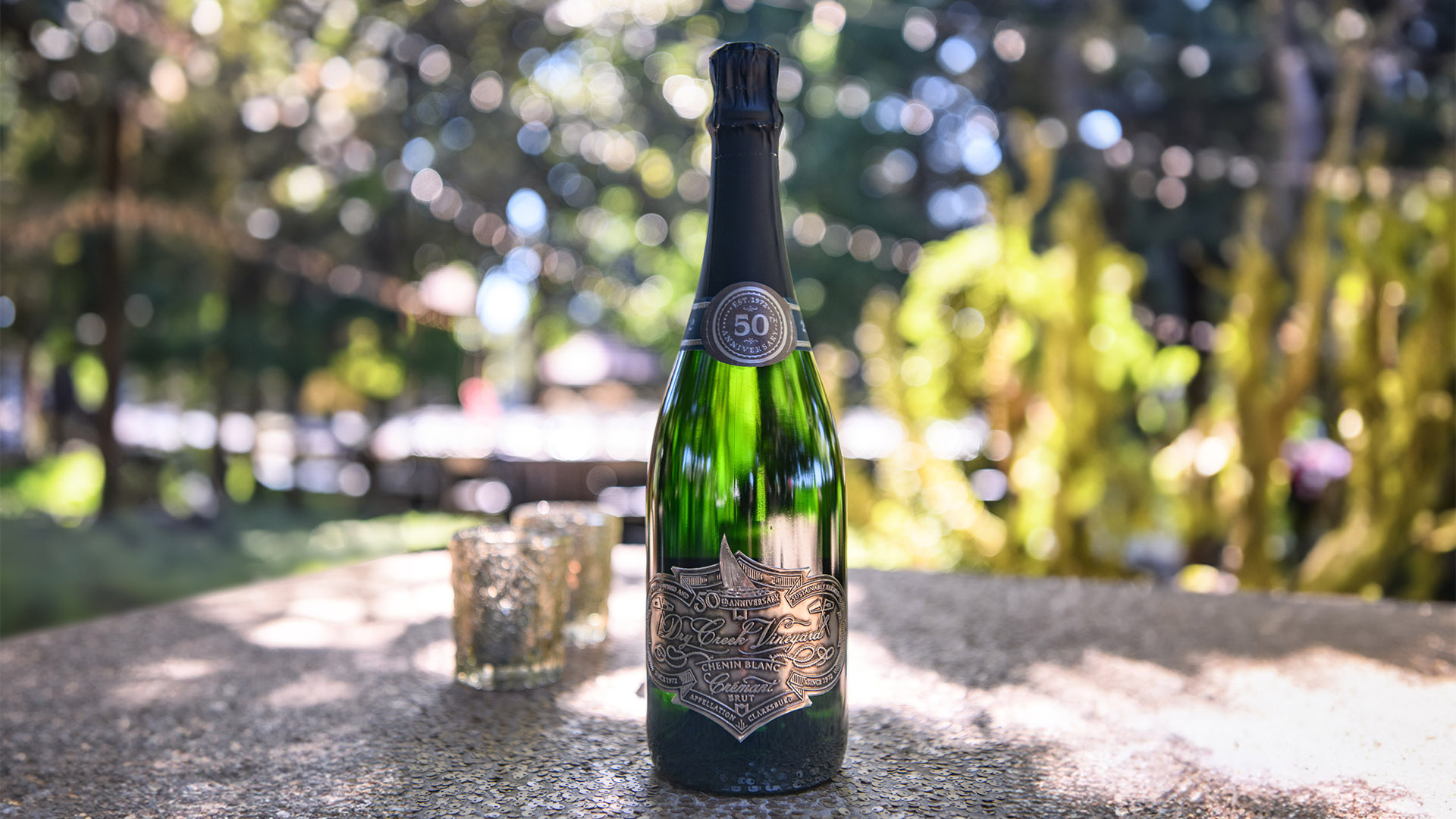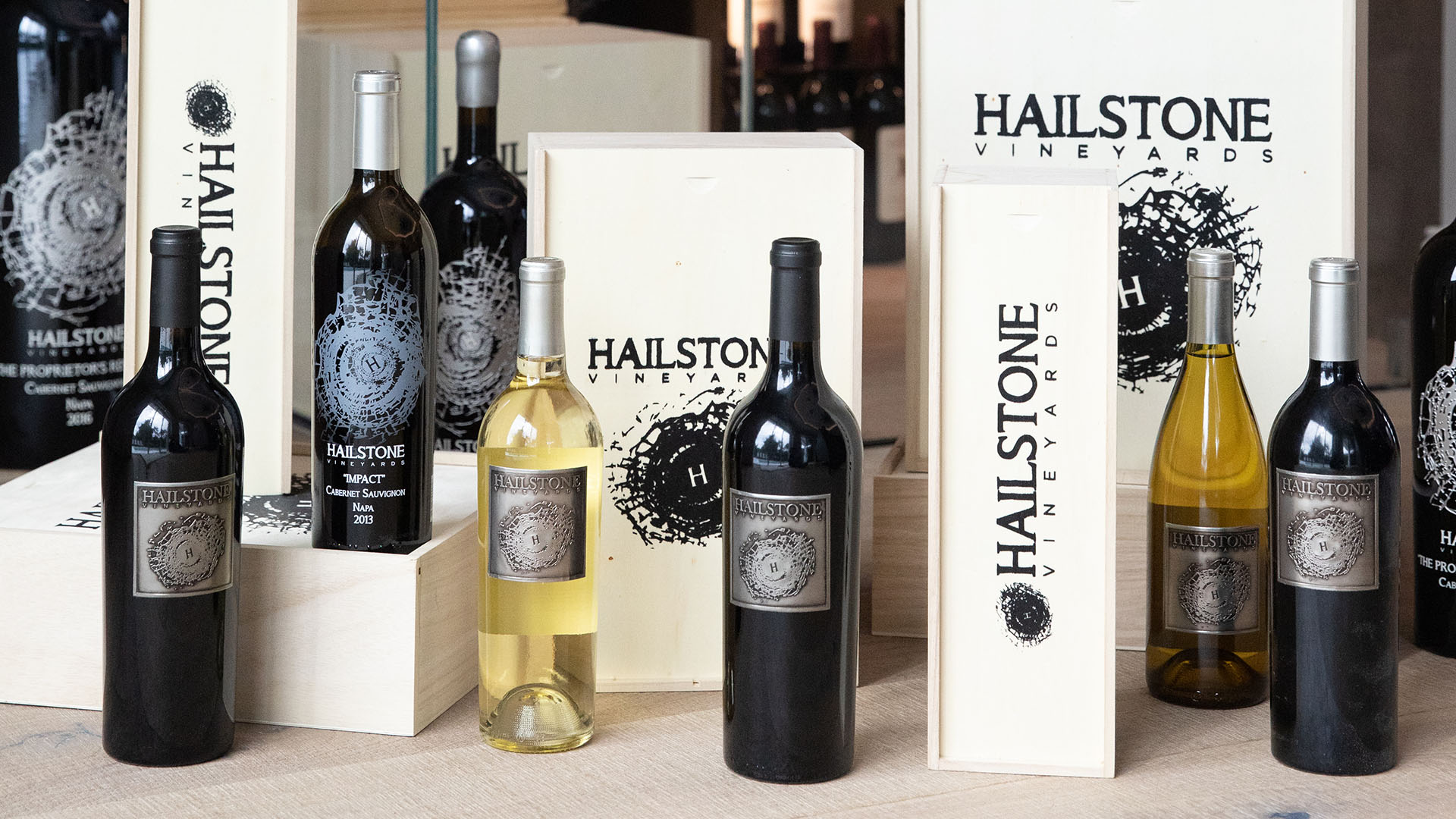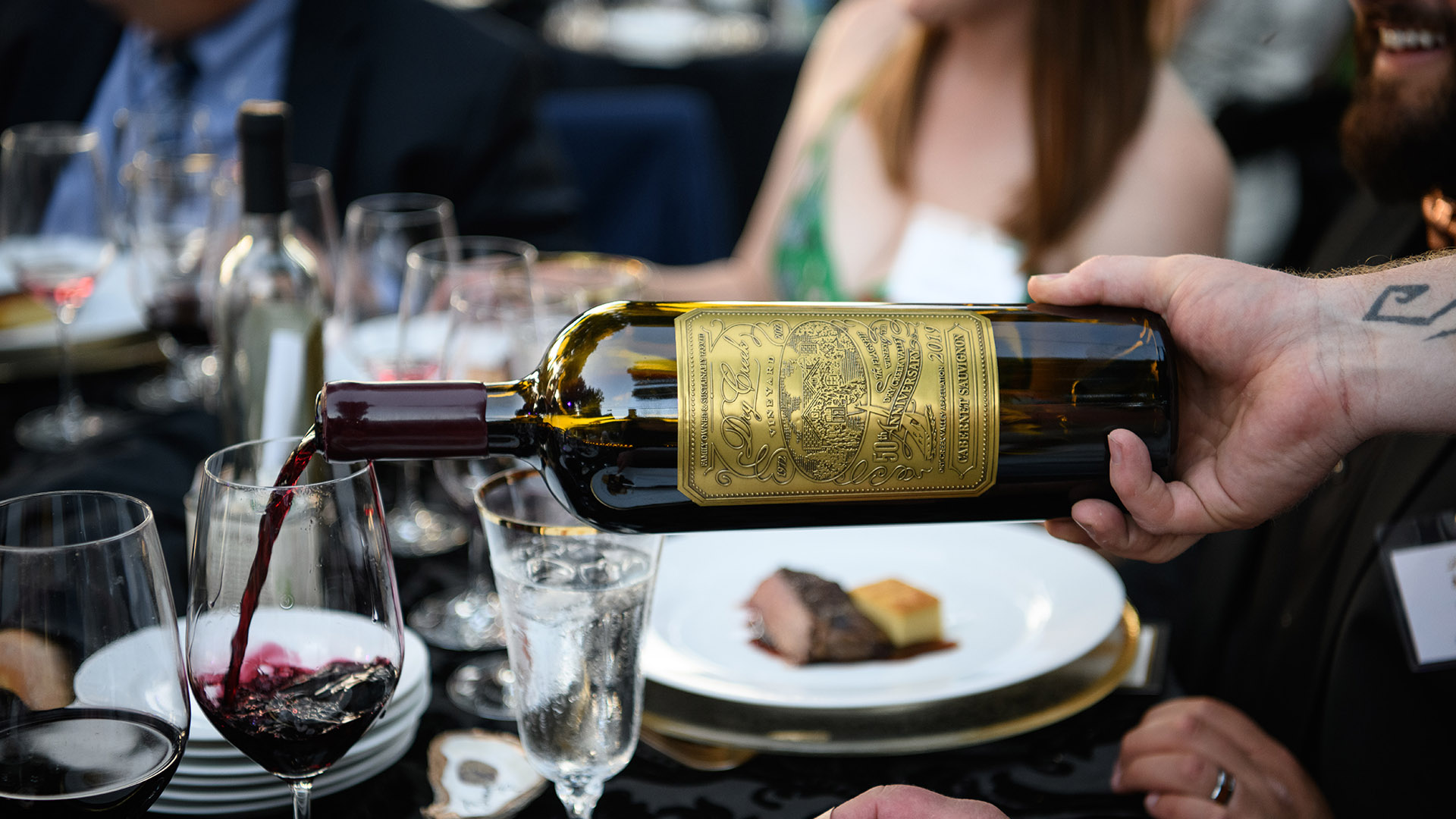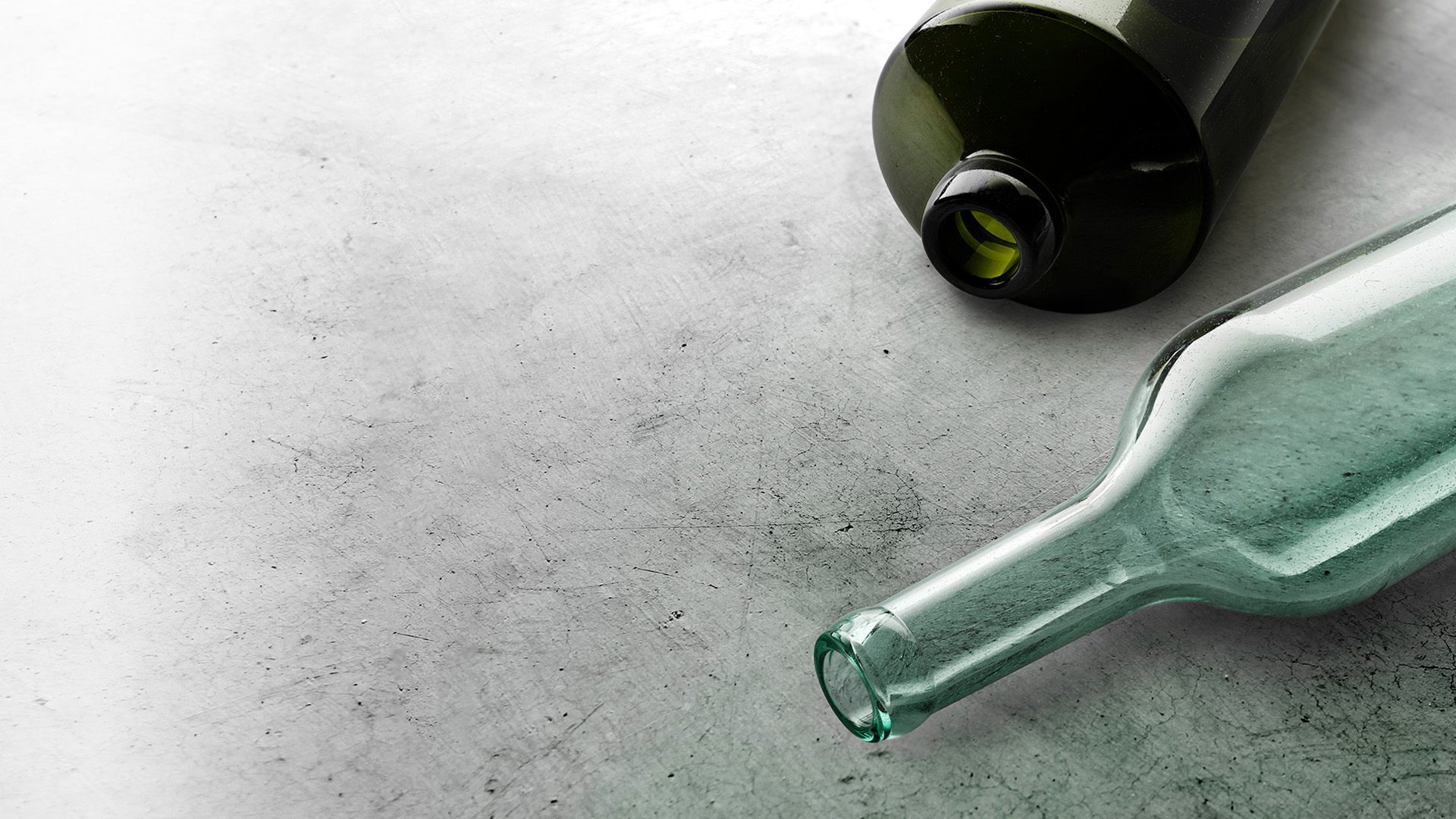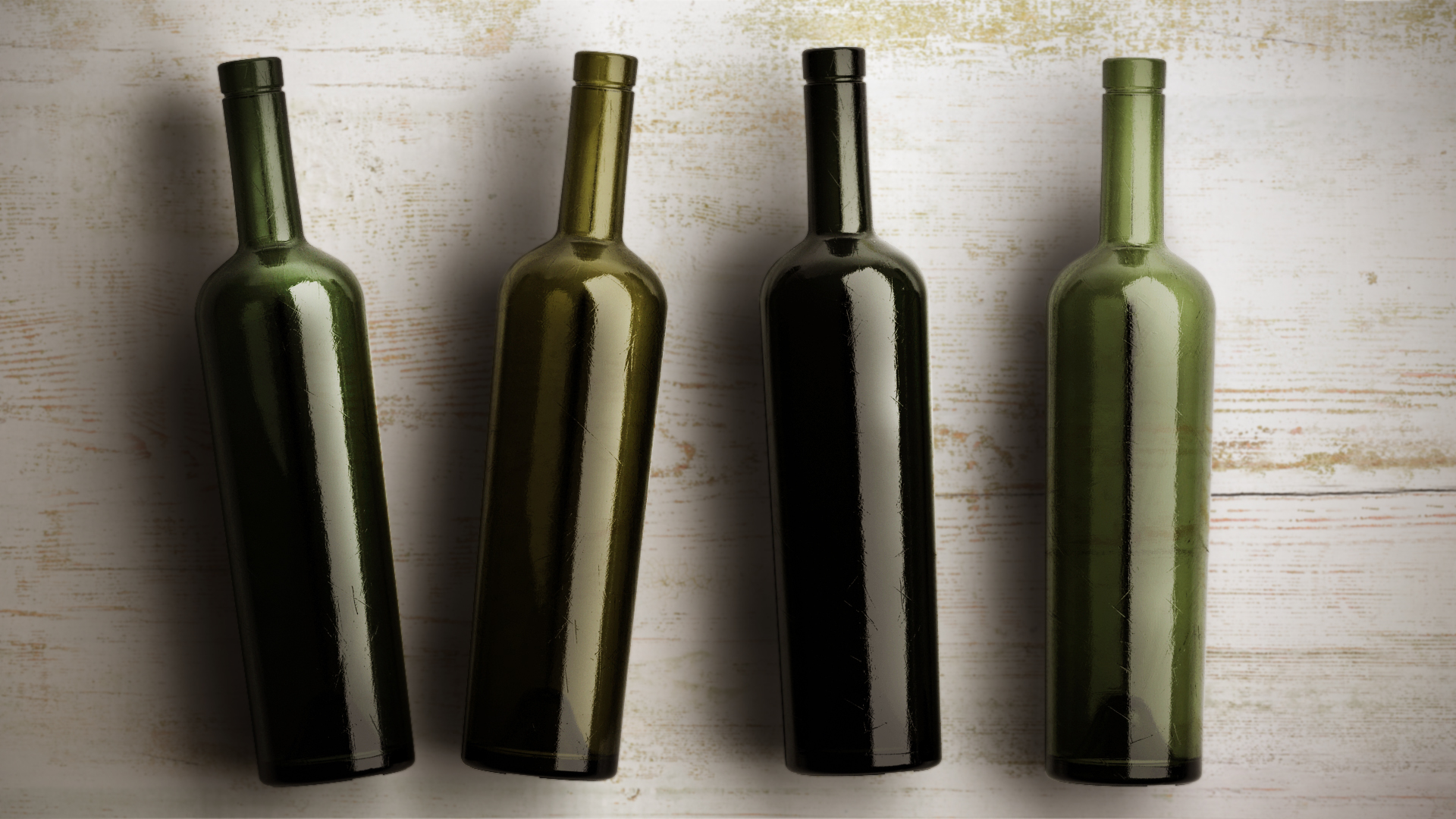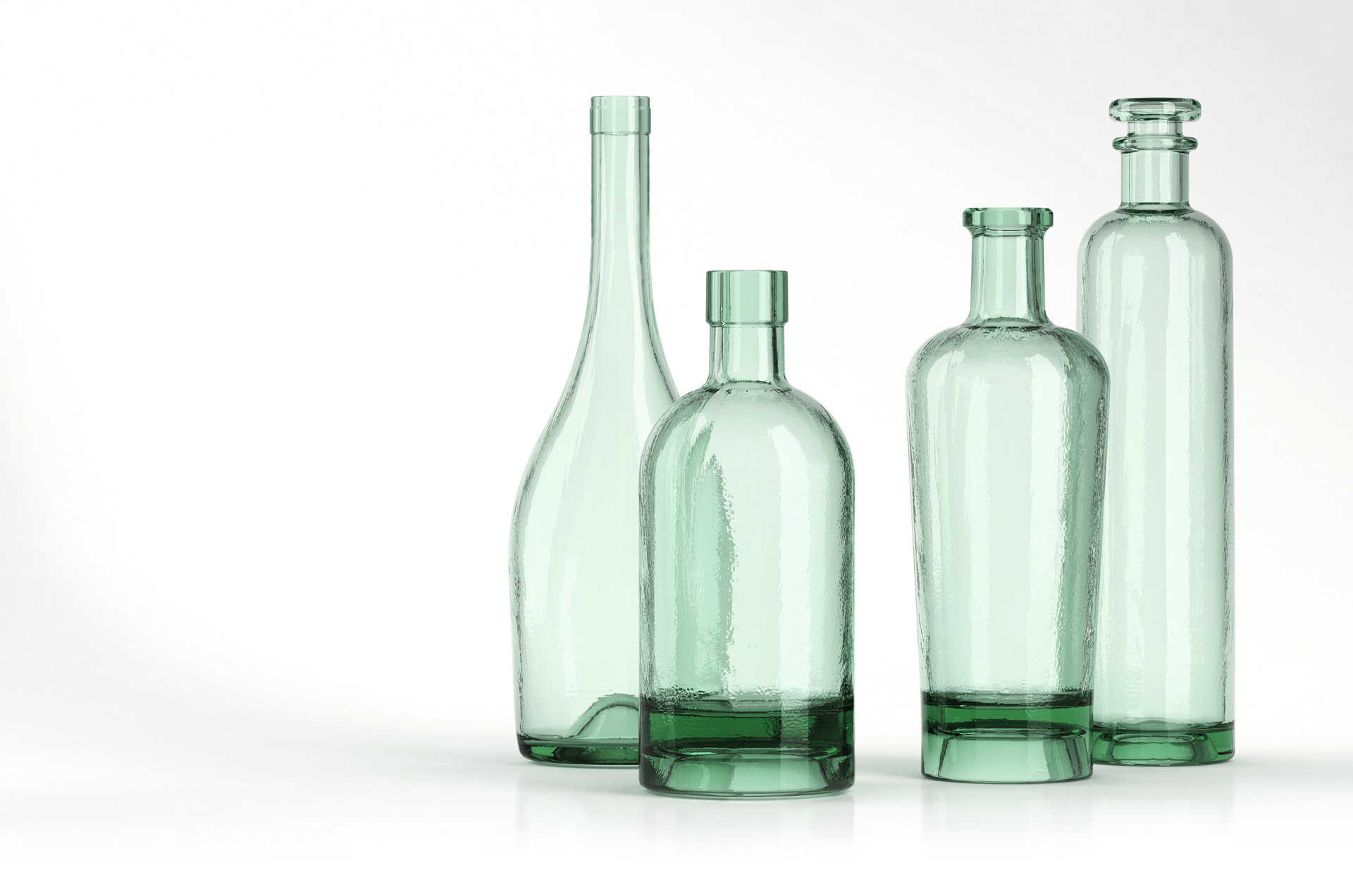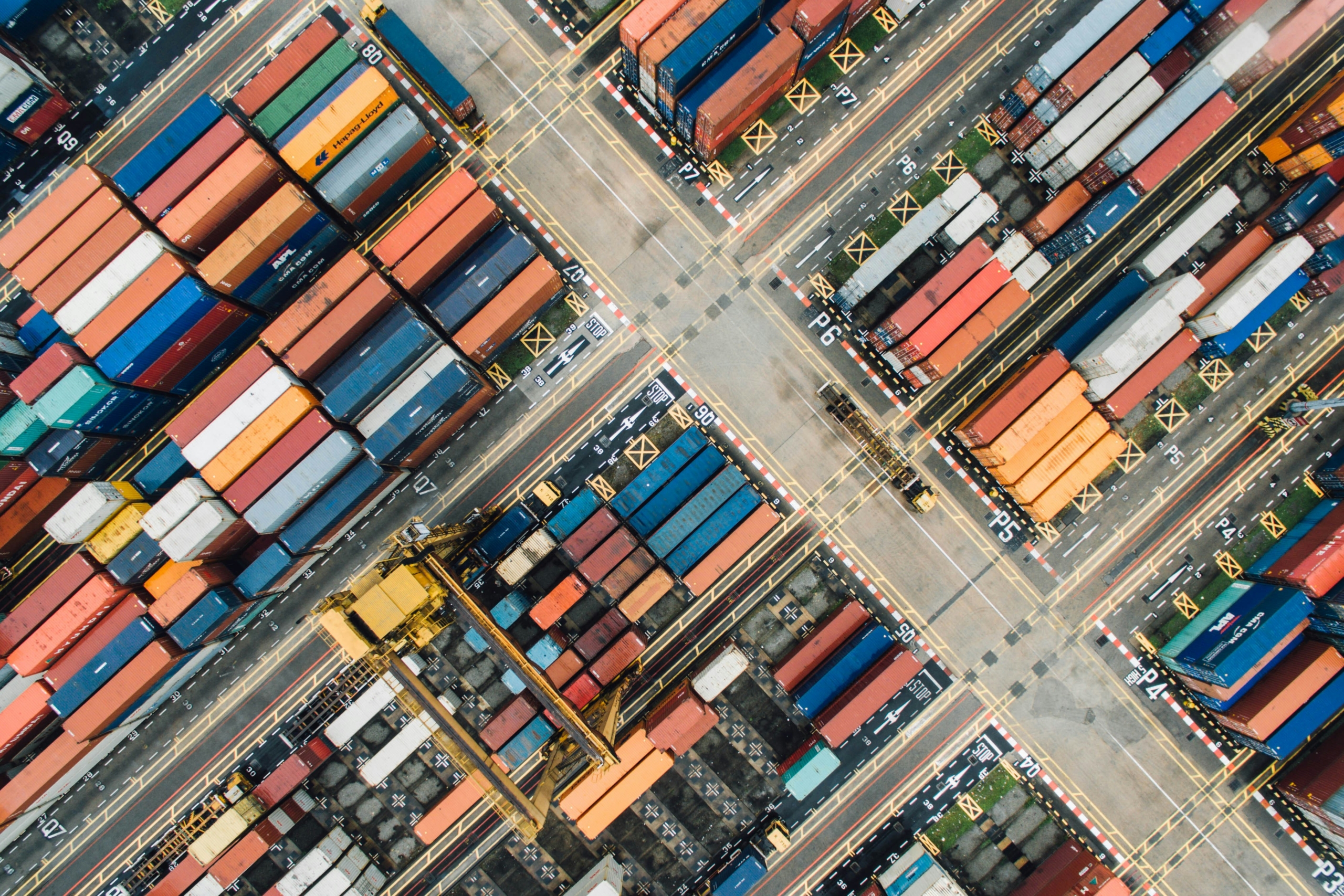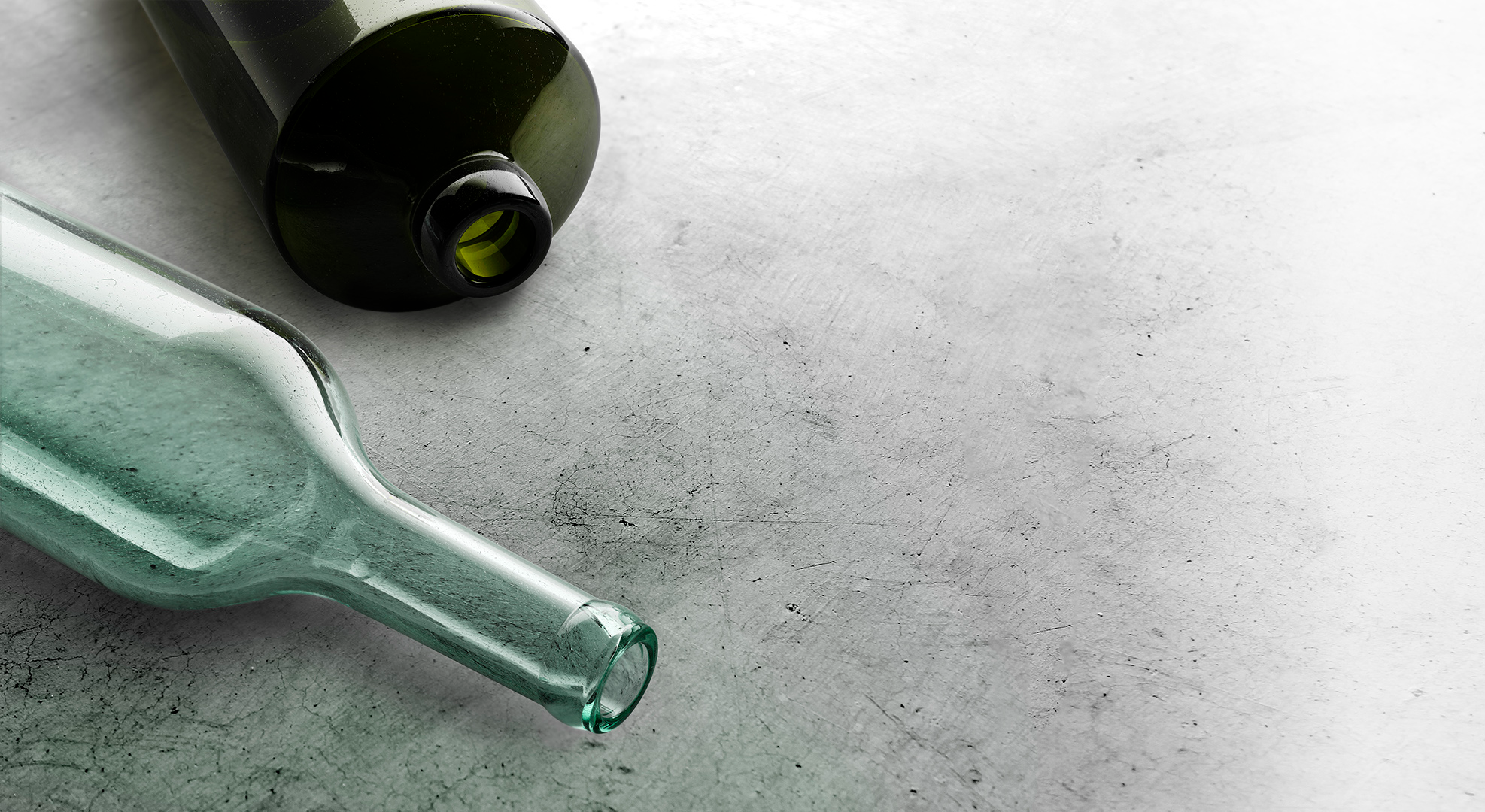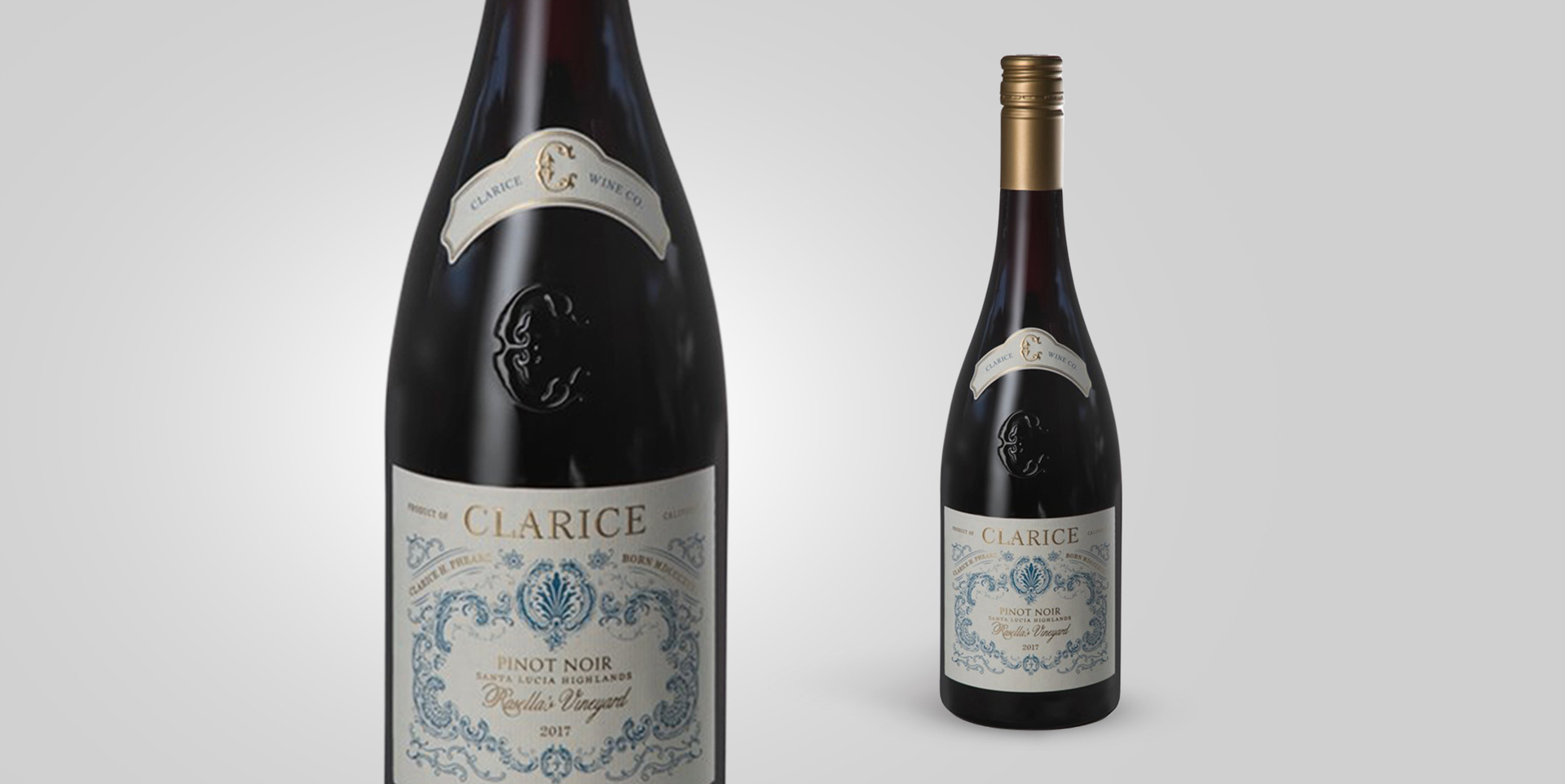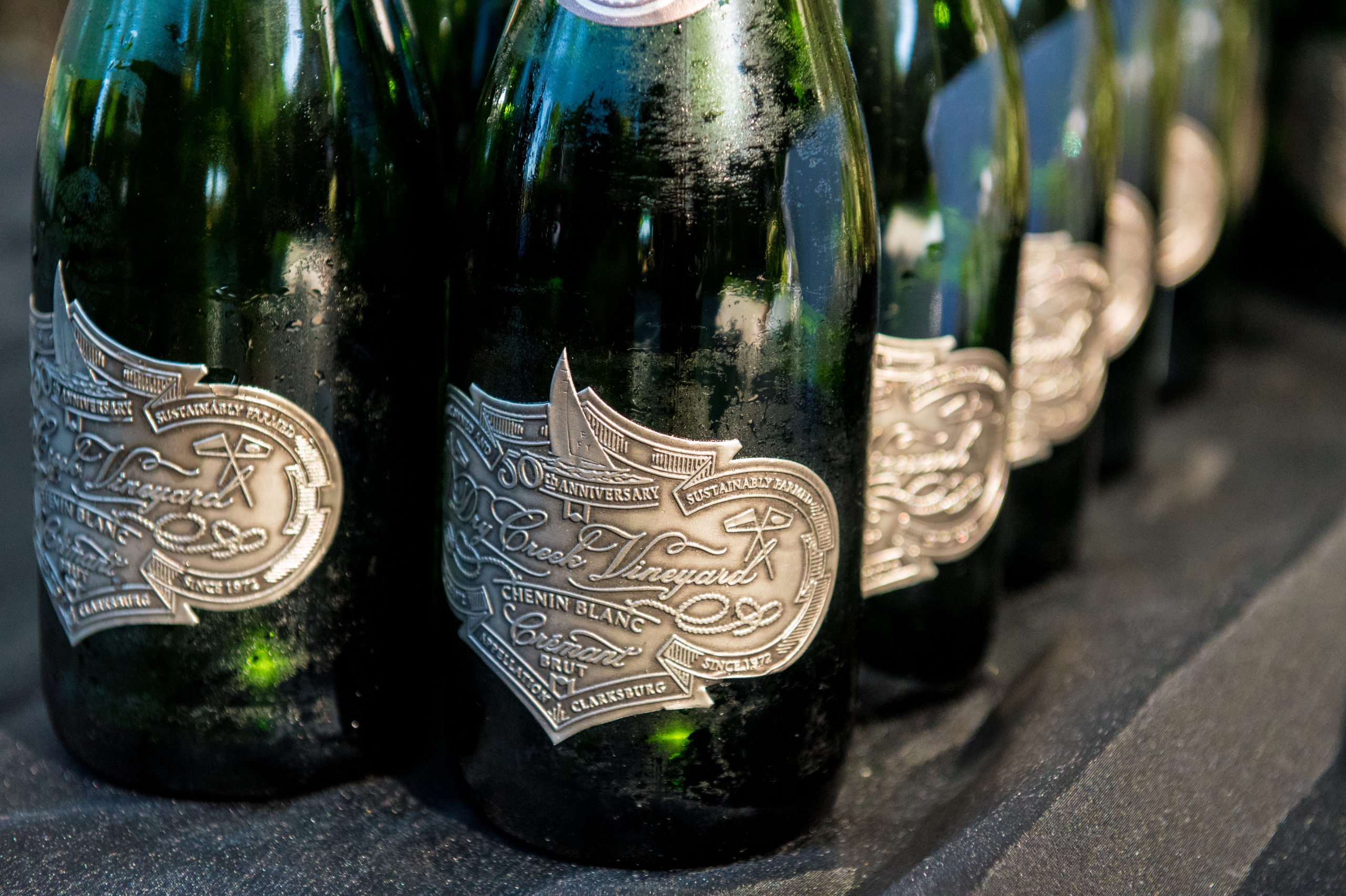The Impact of the New U.S. Tariffs on the Glass Industry
In recent months, the United States government’s changes to their international trade policy imposed new tariffs on imported goods. At 12:01 AM on March 4, 2025, a new 25% tariff was imposed on nearly all goods imported from Mexico and Canada. Additionally, a 20% increase was applied to the existing 25% tariff on Chinese imports, bringing the total tariff on Chinese goods to 45%.
This is an evolving landscape. For both the glass industry and its customers, the introduction of these tariffs raises important questions regarding pricing, supply chains and the broader implications for global trade. While some of the ramifications seem complex, understanding how the new tariffs will operate is essential to navigating the evolving trade landscape.
An Evolving Landscape: The Current Chaos of Changing Tariffs
As of 12:01am, March 7, 2025, the Trump Administration delayed the 25% tariffs on some imports from Canada and Mexico. Goods that are compliant with the U.S.-Mexico-Canada Agreement (USMCA) will be exempt from the tariffs imposed on March 4. This agreement was negotiated by the three countries during President Trump’s first term. The exemption will expire on April 2, 2025.
This update reflects a volatile trade environment. Unfortunately, the relief from the tariffs is only temporary. They are delayed, not eliminated. Importantly, these delays are not retroactive, meaning goods imported during the brief window that the tariffs were in effect, March 4, 2025, to March 6, 2025, will remain subject to tariffs upon arrival.
Further, on March 8, 2025, a day after imposing the partial reprieve, Mr Trump threatened to match Canada’s existing 250% tariff on Canadian dairy imports and a reciprocal tariff on Canadian lumber imports to the United States. The Trump Administration vacillated on when the tariffs would be enforced but stated “we may do it as early as today [8 March 2025], or we’ll wait until Monday or Tuesday.”
Additionally, on April 2, 2025, the day the exemption expires, the Trump Administration is threatening to impose a regime of “reciprocal tariffs” on all US trading partners. They have stated that the rates will be tailor-made to reflect all tariff and non-tariff measures imposed by trade partners on the US.
Finally, new tariffs are hitting industries like steel and aluminum with the force of a sledgehammer. In these sectors, quick fixes for sourcing are simply not feasible, creating widespread disruption and havoc on supply chains.
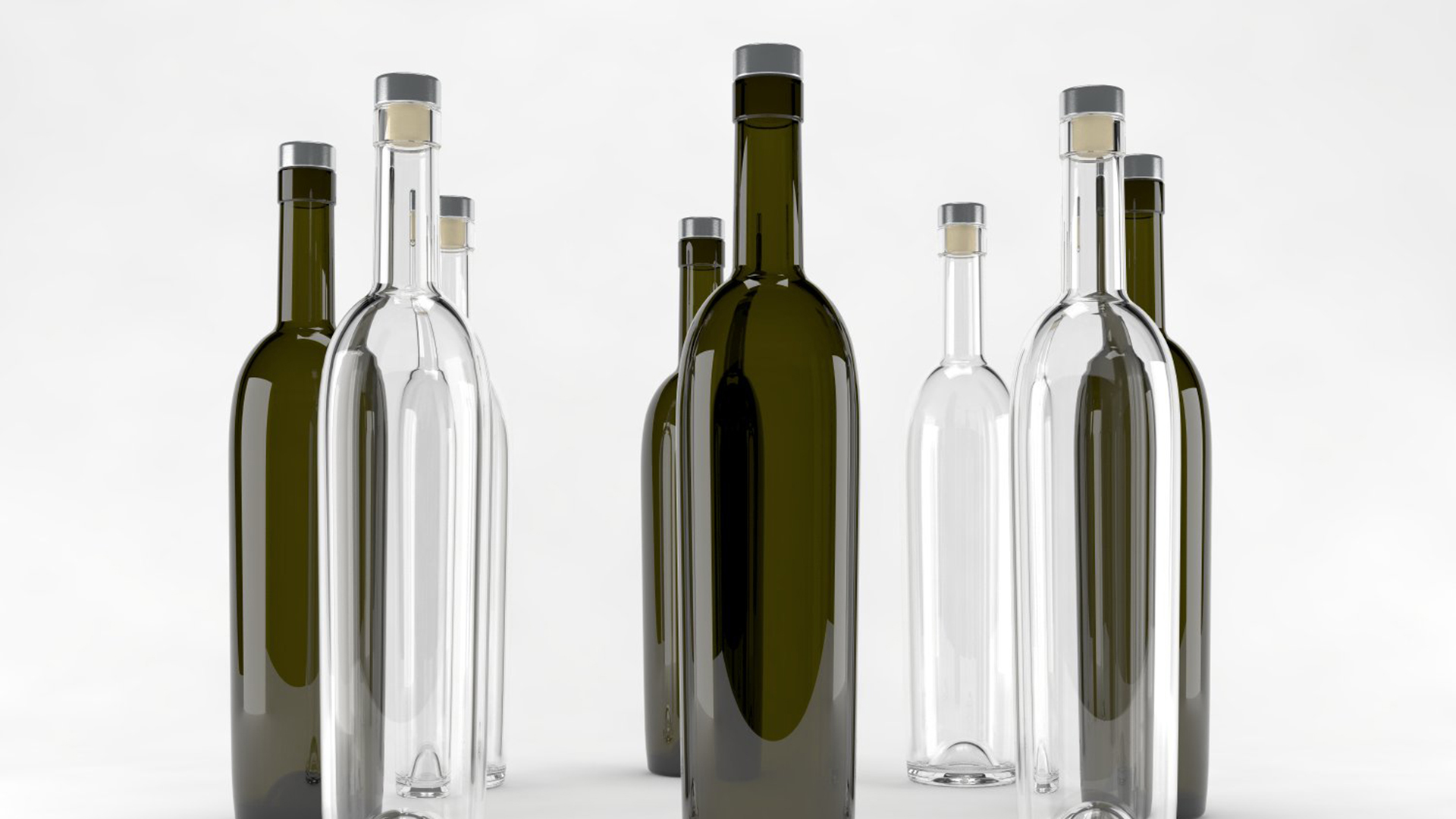
The turbulent policies of the Trump Administration are aggressively reactive, with inevitable effects on businesses and consumers alike. For the American people, the chaotic introductions of new tariffs will drive up the cost of everyday products as businesses fail to absorb the increased costs which are passed down to consumers.
While this is how the tariffs have been implemented currently, there will likely be further changes made moving forward. For any business that relies on glass, staying informed and up-to-date is essential.
How Will Tariffs Affect New Glass Shipments?
The first point to clarify is that the tariffs do not apply retroactively. This means that if the product was cleared by customs before 12:01 a.m. on March 4 it cannot be directly affected by the new tariffs.
Notably, some goods do not meet the required standard for tariff exemptions and will still be subject to the new tariffs after March 7, what they are we do not know.
The distinction of when products came into the US is essential for businesses planning their inventory management. While existing stock will remain unaffected, future orders will need to account for the tariff costs imposed on imported glass materials.
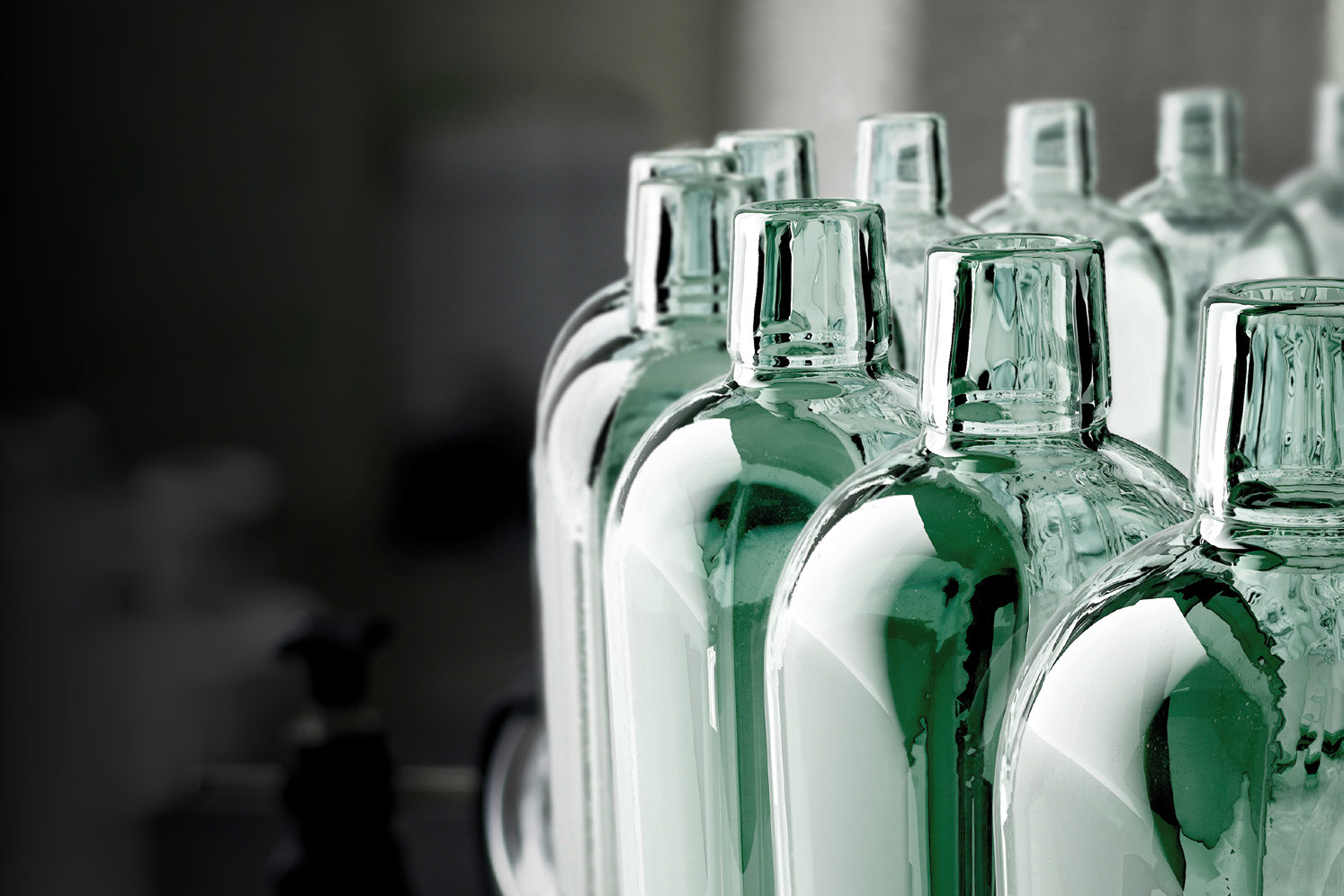
How will Tariffs Affect the Cost of Glass?
It is also essential to understand that the imposed tariffs are referred to as ad valorem tariffs, which means that the tax on imports is calculated as a percentage of the item’s value. This means that the tariffs are only applied to the cost of the glass itself, not the transportation.
Another important distinction to make is that the internal costs, such as warehousing and handling are not directly impacted by the increased tariffs. This means that while the price of each glass unit crossing the border increases, the cost of transporting the glass to a warehouse or into production lines remains unchanged.
Legally, the tariffs will need to be imposed as they are issued. However, it is also important to note that the tariffs can be modified, raised or rescinded altogether.
Between 2019 and 2024, sporadically applied tariffs combined with the impact of COVID-19 caused a significant disruption in the supply chain; leading to haywire shipping costs and unpredictable pricing. With the introduction of excessive new tariffs, this remains a critical area we are closely monitoring.
We are proactively working to stay ahead of potential changes as we plan for the future.
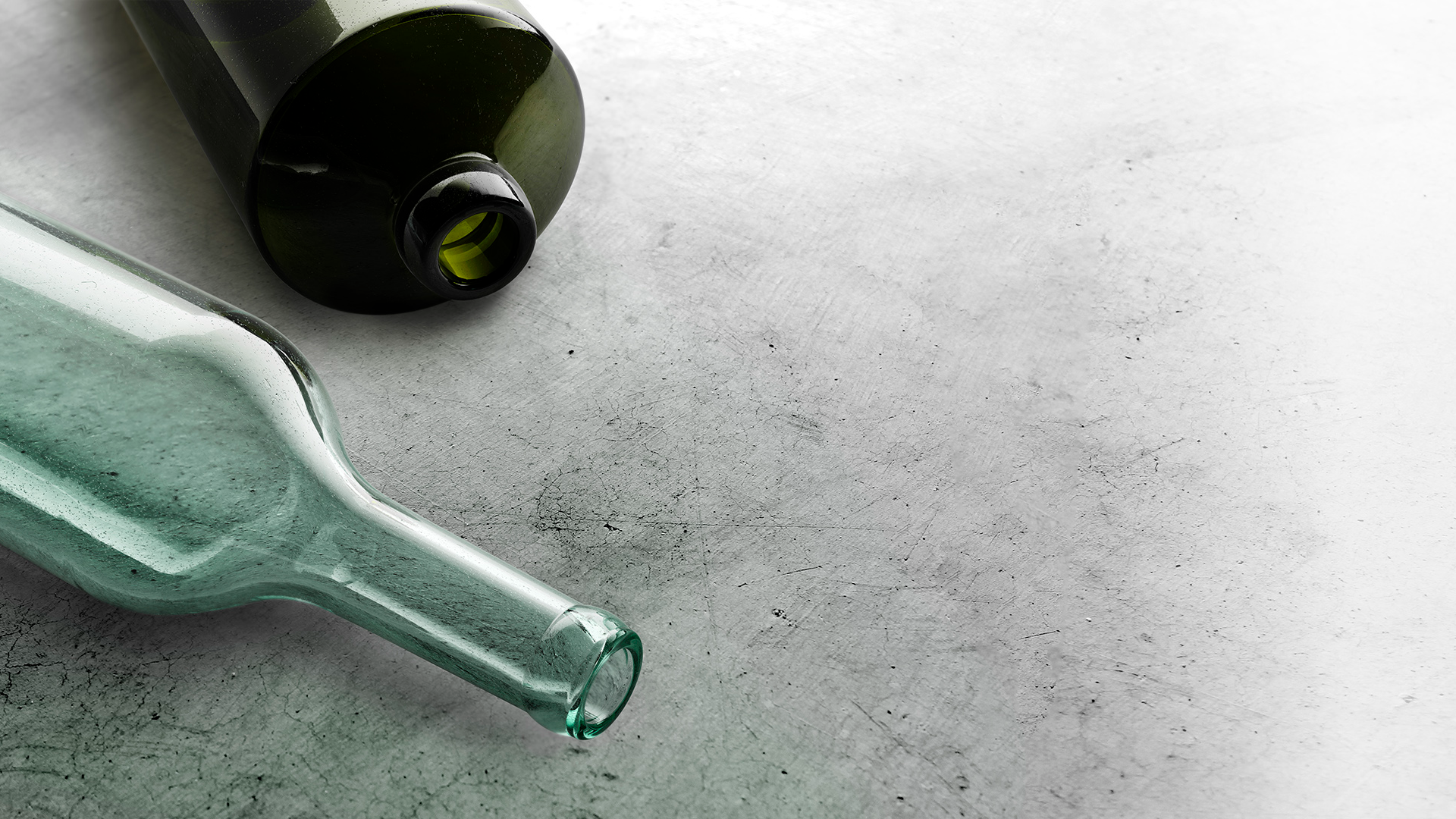
Impact on the Glass Industry: Global Package’s Response
While these tariffs are inevitably disruptive to routine business, the overall impact on glass costing will be somewhat affected, but not to the extent that many have feared.
The tariffs cannot operate retroactively meaning they only apply to glass products entered for consumption, or withdrawn from an import warehouse for consumption, on or after the tariff took effect at 12:01a.m. on March 4, 2025. Any stock which passed through customs before this cannot be directly affected. Further, the price of glass stock itself is not impacted, as ad valorem tariffs are calculated as a percentage of the product’s cost, which itself remains unchanged. Finally, as we have already seen, this continues to be a fluid situation experiencing constant change which we hope will be more positive moving forward.
We recognize the frustration this situation can cause. Global Package views the tariffs as aggressive trade tactics that are using businesses as pawns to be sacrificed for larger geopolitical conflicts.
At Global Package, we believe in fair trade and fostering a global world of trading partners. Through fair trade we have become safer and more informed of the world around us. We believe we need to return to these values.
We understand the significant disruption these changes may cause for our customers, and we are committed to doing everything in our power to secure the best sourcing options and prices to minimize the impact.
In response to the current challenges, Global Package is proactively securing as much stock as possible to ensure continuity of supply for our valued clients. Additionally, we are expanding our network by working with new suppliers who can provide alternative solutions tailored to this evolving landscape.
As part of our strategy, we are also focusing on a variety of bottles that are better protected from tariffs and supply chain issues, allowing us to offer unique and innovative options to meet the demands of this changing market.
Our goal is not only to adapt but also to position ourselves as a reliable partner capable of navigating uncertainty while continuing to deliver exceptional value.
In Conclusion…
The tariffs are a complex part of a larger economic strategy and are consequently subject to potential change over time. At Global Package we remain committed to take a proactive stance, navigating changing circumstances and continuing to ensure that our customers are always our number one priority.
We remain dedicated to supporting your business. In the meantime, please do not hesitate to contact Global Package at info@globalpackage.net with any further questions.

